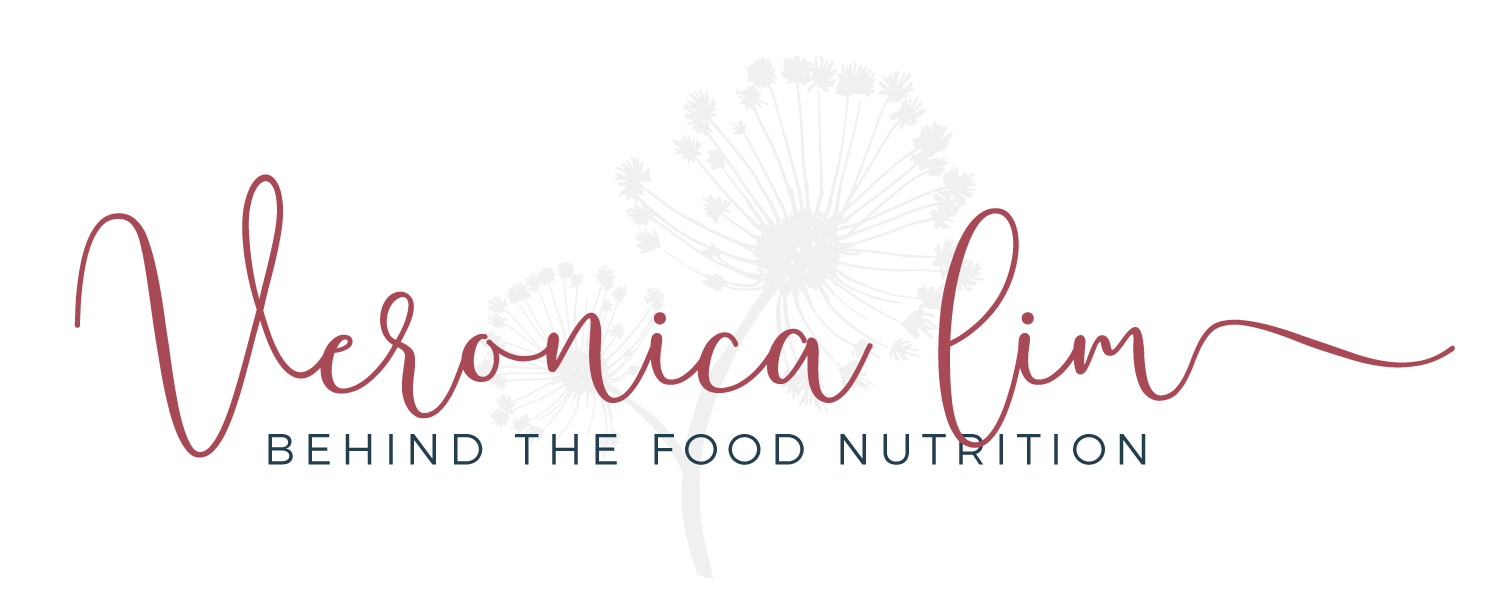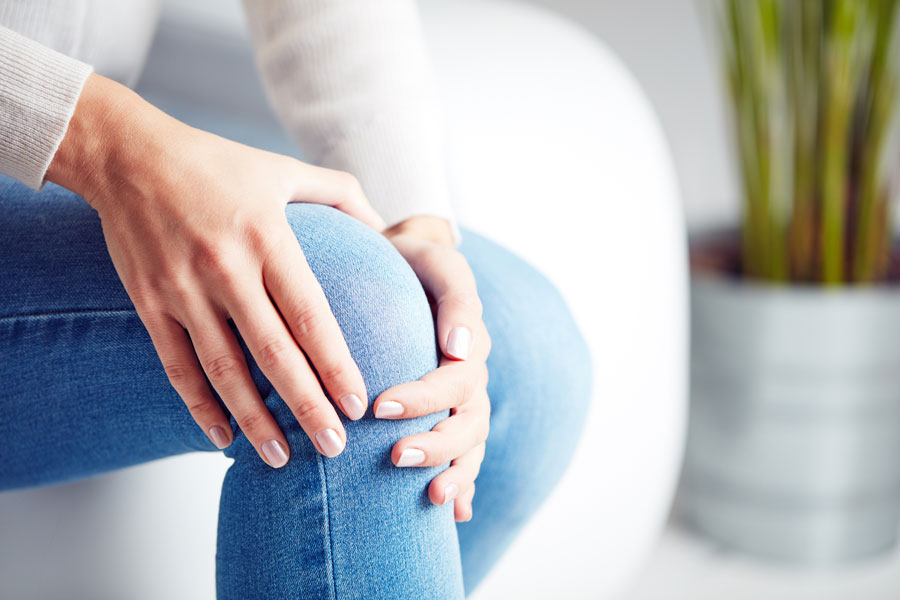I was at a networking event earlier this week, and was talking to a lady who just can’t understand why she has joint and muscle pains that she can’t seem to get rid of.
She loves running. And although visits to the osteopath and physiotherapist have helped, they too can’t work out why she still doesn’t seem to recover.
It’s frustrating when you know that something’s not right but you just don’t know where to start or where to go next.
What’s interesting is that her joint and muscle pains only started as she got into menopause.
Without seeing her, I can’t tell what’s going on with her. But what I do know is that joint and muscle pains can happen for many women due to the accumulation of inflammation in their bodies.
Inflammation can accumulate in the body over decades. Poor diet, processed foods, not enough nutrients, too much caffeine, too much sugar, chemical exposure, alcohol consumption, insufficient sleep and stress will all have contributed. As well as over-exercise or under-exercise.
Then at menopause, with falling oestrogen levels, joint and muscle aches can appear to suddenly flare up.
Underlying all of this, is inflammation.
You see, oestrogen plays a key role in the healing of our joints, and also has antioxidant or anti-inflammatory effects in our cell membranes. So lower oestrogen levels in your menopausal years can contribute to unexplained aches and pains.
So it’s key to reduce inflammation.
Here are some areas to consider.
- Are you sleeping all night? Insufficient sleep raises inflammation in the body and increases insulin resistance, which can contribute to elevated blood sugar and insulin. Not to mention adding to fatigue and stress.
- Are you eating the right foods at the right time? Not eating enough can also affect your sleep, causing you to wake up in the middle of the night. While eating the wrong foods can stop you from falling asleep in the first place. Are you eating to reduce inflammation or is your eating adding to that inflammation? Eating an anti-inflammatory diet and the right fats help to temper the inflammation and lubricate the joints.
- Are you over- or under-exercising? If you’re going too hard, you’ll create excess inflammation, while sitting around all day long will lead to inflammation too. Think Goldilocks here.
- How’s your stress going? Or more pertinently, how’s your stress hormone, cortisol, going? I say, “cortisol” because many smart thinking women can mentally and emotionally handle an extraordinarily high level of stress and think that they aren’t stressed. But it’s there. And prolonged stress can increase pro-inflammatory messaging in the body, which can perpetuate inflammation.
- Finally, your liver. Your liver is involved in just about every process in the body. It breaks down fats, stores sugar as triglycerides (fats) and produces energy. It’s also responsible for detoxification. When your liver is not able to function properly or is overworked, inflammation can ensue. Is your liver getting the nutrients it needs? And are you minimising the load on your liver, for example, by reducing alcohol and toxin exposure?
If you are suffering from unexplained joint and muscle aches and pains that no one seems to be able to figure out, you must first sort out the inflammation.

